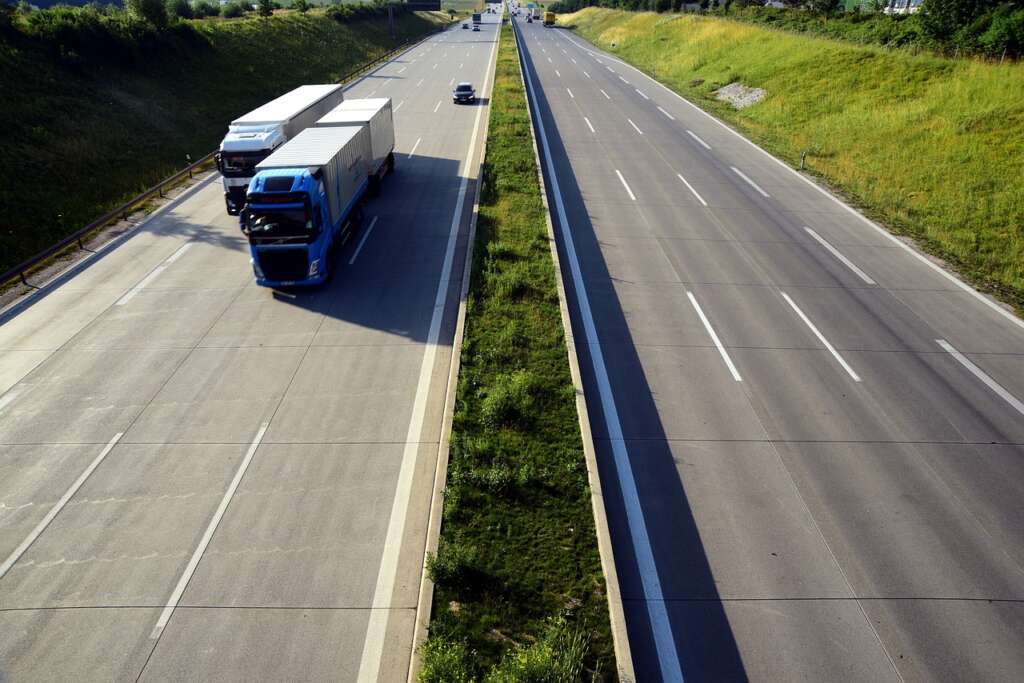
Every year, trucking accidents lead to significant injuries, fatalities, and legal battles. Understanding the legal nuances of these accidents is crucial for victims seeking justice and compensation. This article breaks down key aspects of trucking accident cases and offers valuable legal insights.
The Rising Concern of Trucking Accidents
Trucking accidents are not just a statistical anomaly; they represent a growing public safety issue. Large trucks, due to their size and weight, can cause catastrophic damage during collisions. The repercussions extend beyond physical injuries, impacting victims’ financial stability and emotional well-being.
Statistics Highlighting the Gravity
- Over 4,000 fatalities annually involve large trucks.
- Most trucking accidents occur on rural roads and highways.
- Passenger vehicle occupants account for the majority of fatalities.
These alarming figures underscore the importance of knowing your rights and responsibilities when involved in a trucking accident.
Key Factors in Trucking Accidents
Driver Fatigue and Hours of Service (HOS) Violations
Fatigue is a leading cause of trucking accidents. Federal regulations under the Hours of Service rules limit the number of hours a truck driver can operate without rest. Violations of these rules are not uncommon, often contributing to accidents.
Equipment Malfunctions and Maintenance Issues
Trucking companies are legally obligated to maintain their fleets. However, cost-cutting practices sometimes lead to equipment failures, such as brake malfunctions or tire blowouts. These defects can play a significant role in determining liability.
Improper Loading Practices
Improperly loaded or overloaded trucks can tip over or lose cargo, creating hazardous conditions on the road. Identifying these issues requires thorough investigation and expertise.
The Legal Landscape of Trucking Accidents
Trucking accident cases are far more complex than typical car accident claims. Multiple parties may be liable, including the truck driver, trucking company, vehicle manufacturer, or third-party maintenance providers.
Determining Liability
Liability in trucking accidents often hinges on identifying the at-fault parties. This involves gathering evidence such as:
- Driver logs and electronic control module (ECM) data
- Maintenance and inspection records
- Eyewitness accounts
- Accident reconstruction reports
Each piece of evidence plays a critical role in establishing fault and building a strong case.
Understanding Federal and State Regulations
Federal Motor Carrier Safety Administration (FMCSA) regulations govern the trucking industry. These rules cover everything from driver qualifications to vehicle maintenance. Familiarity with both federal and state laws is crucial for navigating a trucking accident case effectively.
Steps to Take After a Trucking Accident
Immediate Actions
- Ensure Safety: Move to a safe location if possible and seek medical attention.
- Contact Authorities: File a police report to document the incident.
- Gather Evidence: Take photos of the scene, vehicles, and injuries. Collect contact information from witnesses.
Long-Term Considerations
- Consult a Lawyer: Hiring an experienced truck accident lawyer from Seattle can provide invaluable guidance and increase your chances of securing fair compensation.
- Preserve Evidence: Trucking companies may attempt to destroy or alter evidence. Prompt legal action can help preserve critical documentation.
- Avoid Quick Settlements: Insurance companies often push for low settlements. Patience and a solid legal strategy are essential.
Common Legal Challenges in Trucking Cases
Disputes Over Liability
Trucking companies frequently deny liability, attributing accidents to driver error or external factors. Proving negligence requires meticulous investigation and expert testimony.
Comparative Negligence
Some states operate under comparative negligence laws, which reduce compensation based on the victim’s percentage of fault. Understanding how these laws apply is key to maximizing recovery.
High-Stakes Litigation
Given the substantial damages involved, trucking companies and their insurers often employ aggressive legal teams. Countering these tactics demands an equally robust legal approach.
Compensation in Trucking Accident Cases
Types of Damages
Victims of trucking accidents may be entitled to various forms of compensation, including:
- Economic Damages: Medical expenses, lost wages, and property damage
- Non-Economic Damages: Pain and suffering, emotional distress, and loss of consortium
- Punitive Damages: In cases involving egregious negligence, courts may award punitive damages to deter similar conduct.
Factors Influencing Compensation
Several factors affect the amount of compensation, such as:
- Severity of injuries
- Impact on quality of life
- Degree of negligence
- Available insurance coverage
The Role of Legal Representation
Why You Need an Experienced Lawyer
Trucking accident cases require specialized knowledge of industry regulations and legal procedures. A skilled attorney can:
- Investigate the accident thoroughly
- Identify all liable parties
- Negotiate with insurance companies
- Represent you in court if necessary
Choosing the Right Lawyer
When selecting a lawyer, consider their experience, track record, and familiarity with trucking laws. A local attorney, such as a truck accident lawyer from Seattle, can offer insights into specific regional regulations and court practices.
Conclusion
Trucking accidents are devastating events with complex legal ramifications. Understanding the key factors, legal landscape, and steps to take after an accident can make a significant difference in the outcome of your case. By seeking knowledgeable legal representation, you can navigate the challenges effectively and secure the compensation you deserve.








